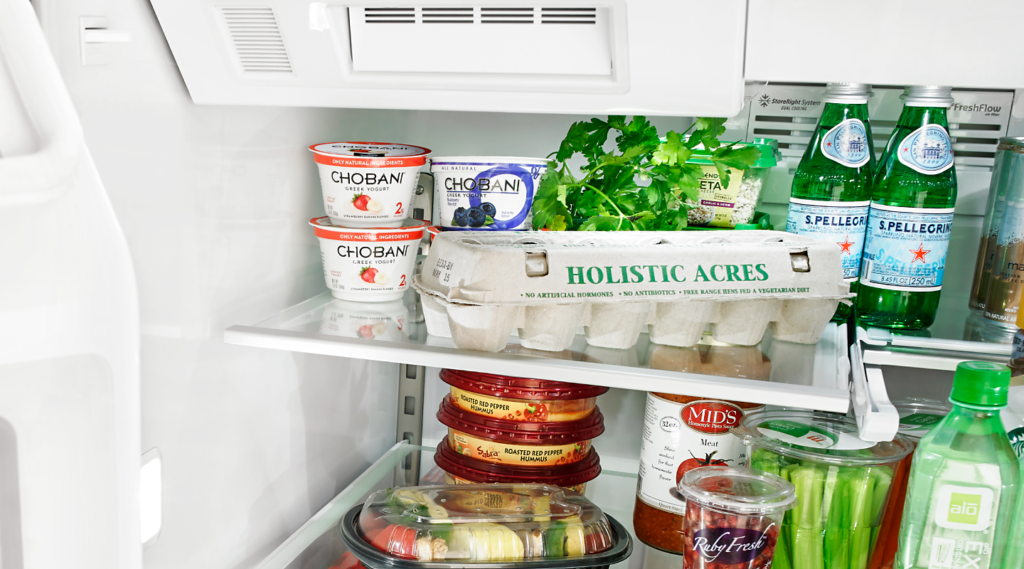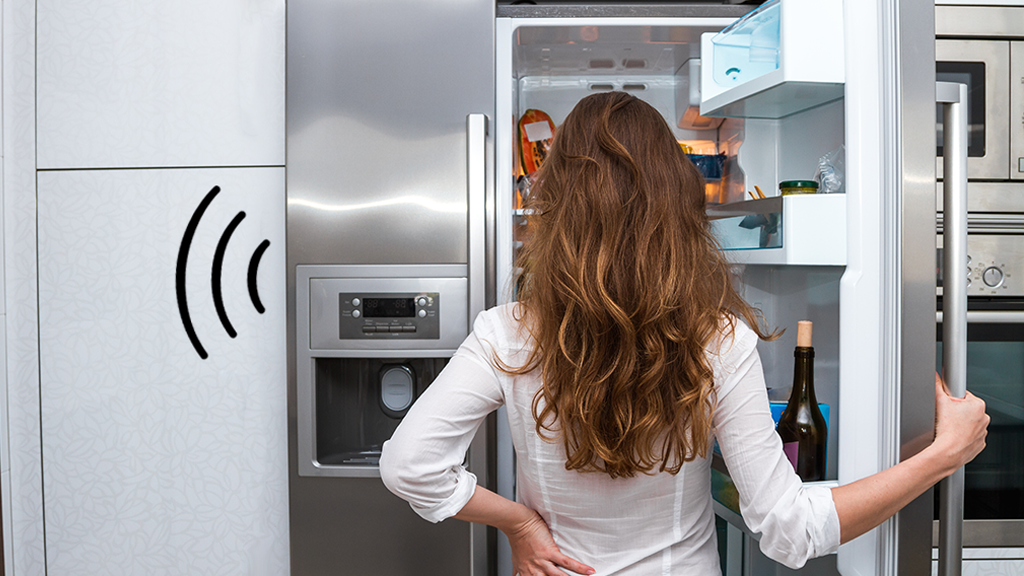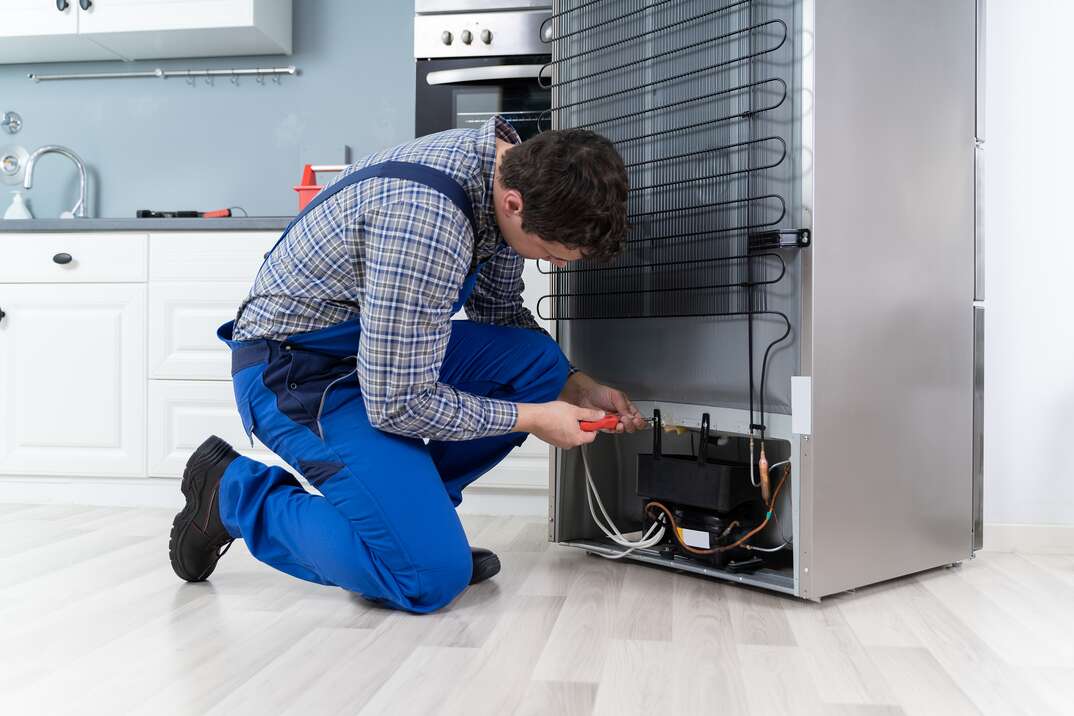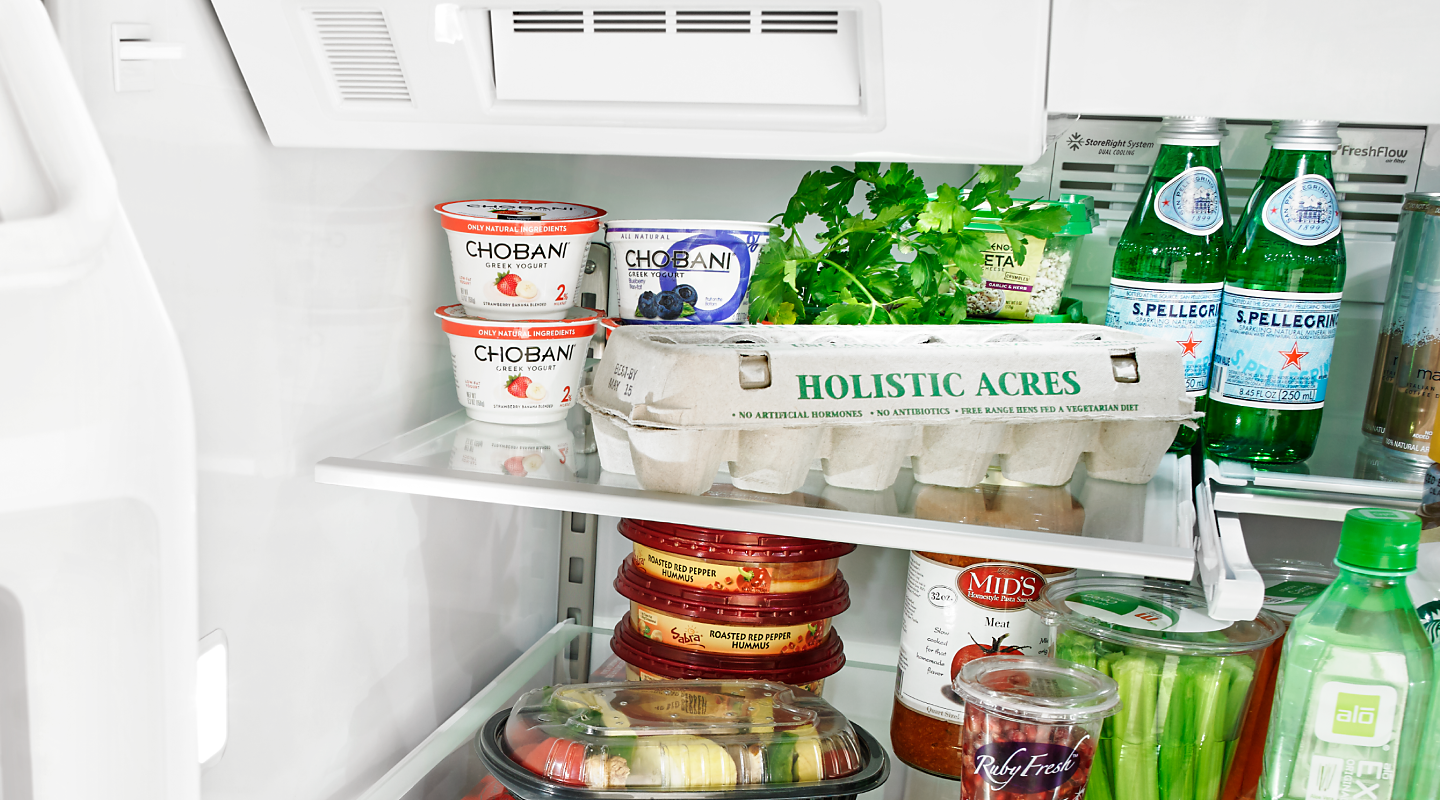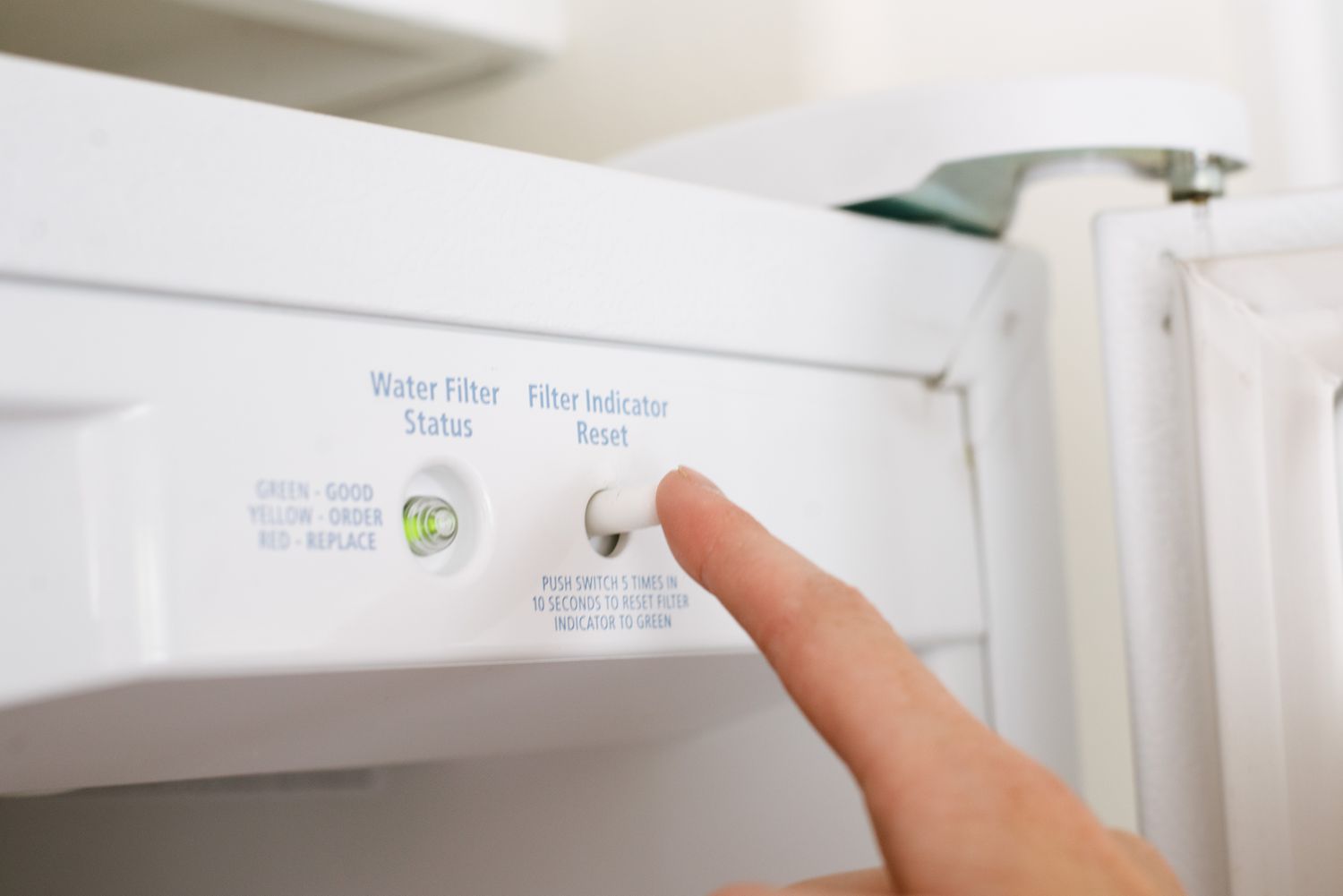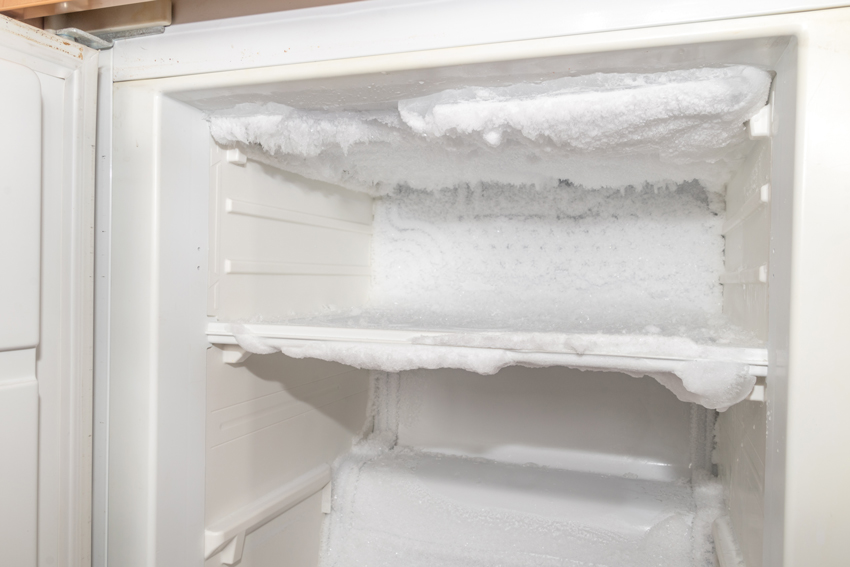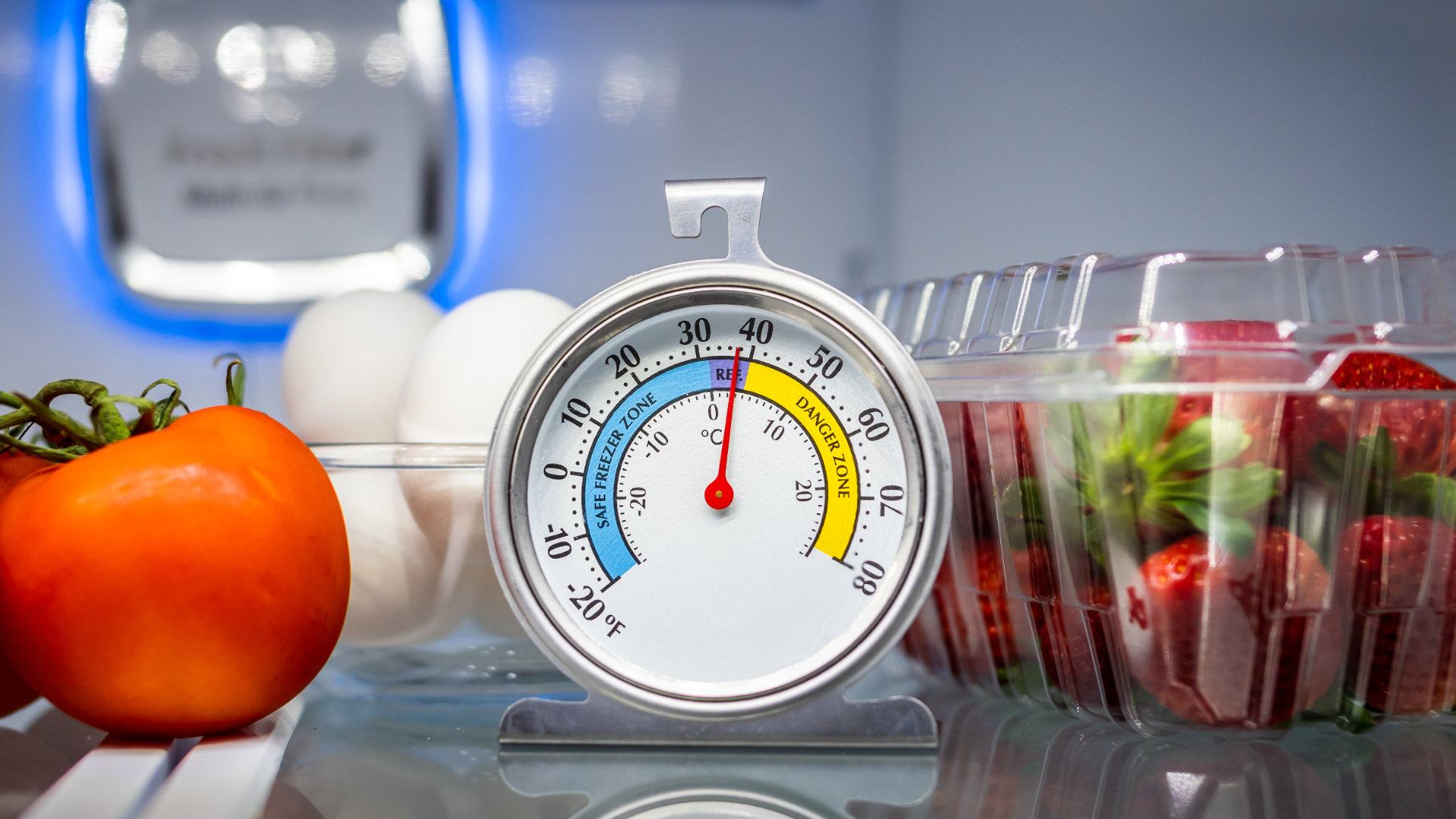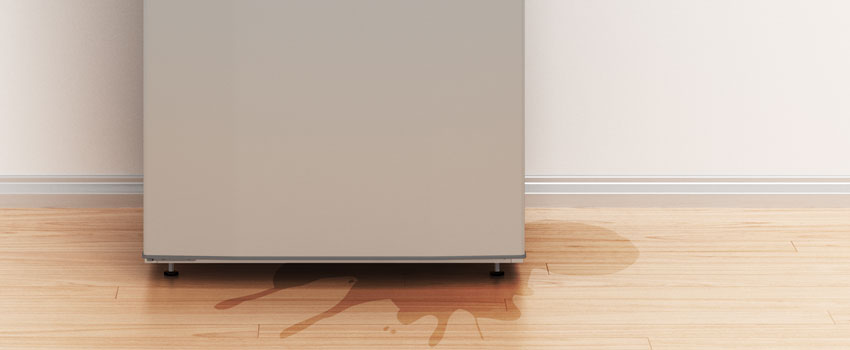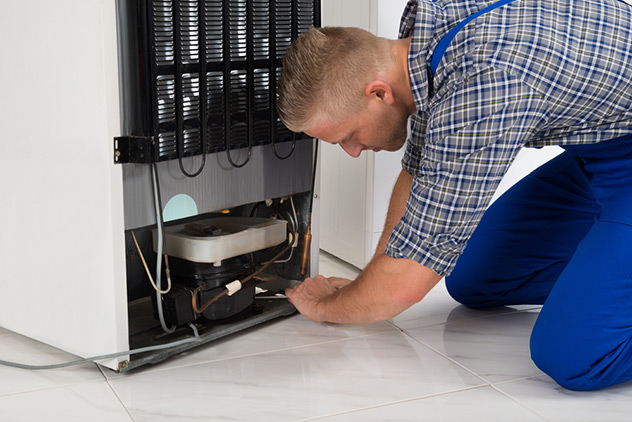Discovering that your fridge is freezing food can be frustrating and may lead to food spoilage and waste. While a fridge is designed to keep food cold, freezing temperatures inside the fridge compartment can occur due to various factors, ranging from incorrect temperature settings to mechanical issues with the appliance. Understanding the potential causes behind a fridge that freezes food and taking appropriate action is crucial to prevent food loss and maintain the proper functionality of your appliance. Here’s what you need to know:
Common Causes of a Fridge That Freezes Food:
- Incorrect Temperature Settings: Incorrect temperature settings, particularly setting the fridge temperature too low, can cause the fridge to become too cold and freeze food items.
- Faulty Temperature Control Thermostat: A malfunctioning temperature control thermostat may fail to regulate the temperature properly, leading to excessively cold temperatures inside the fridge compartment.
- Blocked Air Vents: Blocked air vents in the fridge compartment can disrupt airflow and prevent proper temperature distribution, resulting in localized freezing of food items.
- Defective Damper Control Assembly: The damper control assembly regulates the flow of cold air from the freezer to the fridge compartment. If the damper control assembly is defective, it may allow too much cold air to enter the fridge, causing food items to freeze.
- Refrigerator Overcrowding: Overcrowding the fridge with food items can obstruct airflow and prevent proper circulation of cold air, leading to uneven cooling and freezing of food.

